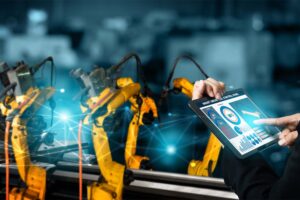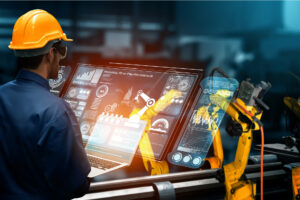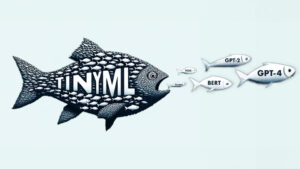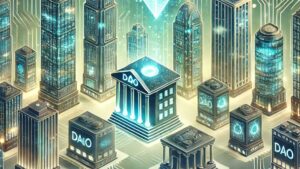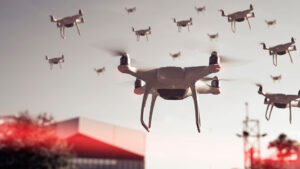
EXPLAIN-ME: Learning to Collaborate via Explainable AI in Medical Education
Together with clinicians, this project aims to develop explanatory AI that can help medical staff make qualified decisions by taking the role as a mentor who provides feedback and advice for the clinicians. It is important that the explainable AI provides good explanations that are easy to understand and utilize during the medical staff’s workflow.





